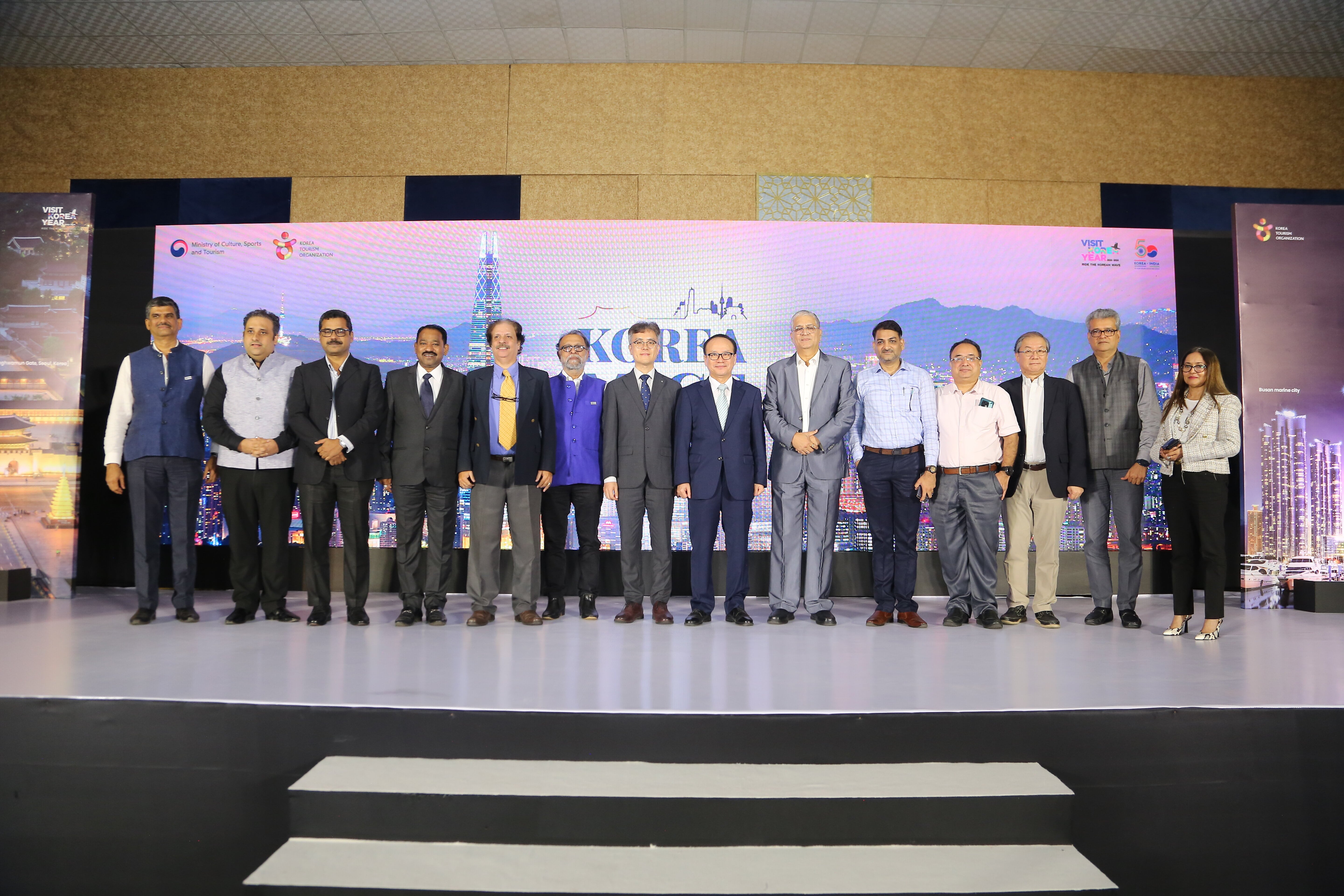SFA Connect (SFA) were appointed by The Business of Events (TBOE) and their management company, Davies Tanner’s (DT) to conduct a survey and interviews, which would provide research data in order to produce a detailed research project to gather new insight/sentiment from global destinations.

This was to follow on from a report produced in 2021 (by DT) and 2022 (by SFA Connect) to understand marketing and communications activities for business events.
The report by SFA Connect has taken place in partnership with Meet in Ireland and IBTM World.
The main objectives of the SFA Connect report were to provide data for destinations to use as a tool for leverage with policymakers to:
• Gain support.
• Obtain additional/appropriate budget.
• Help shape future decision-making.
• Provide evidence to get the industry stronger.
• Gain better recognition from and within the government.
The theme of the areas covered this year was Advocacy, Legacy, Future building, and Threats.
To achieve the aim of the report the following intentions were agreed upon:
- To gather a joint prospect pool of destinations using SFA Connect and DT data (if available).
- To create a survey in collaboration between SFA Connect and DT, with a maximum of 10-12 questions
- and a mixture of multiple-choice and open-ended.
- To conduct a survey via the online platform Survey Monkey, distributed via direct emails and
- membership organisations (where possible) such as European Cities and ICCA and social media channels.
- To conduct 6 interviews with CVBs/NTOs.
- To provide findings in a report and raw data in an Excel sheet to DT by the 3rd of November
- 2023, in time to be launched at IBTM World 2023.
To meet the objectives of the study it was agreed that a mix of research techniques should be used to get the optimum results in the time allocated. Utilising different techniques including surveys, interviews, and data & content analysis SFA Connect was able to uncover both quantitative (numerical) and qualitative (non-numerical) data which helped to get a holistic view of the sample.
The quantitative techniques allowed a higher number of people to be reached (bigger sample size), and from the data, – patterns were identified, correlation and/or causation made between answers and statistical analysis. Whilst the qualitative data provided more in-depth views and insights from a smaller sample that could not be uncovered through a survey. The mixed approach allowed for trends to be identified through the survey and the interviews that followed helped to better understand the reasons behind the trends.
Executive Summary
An extensive online survey, featuring nine multiple-choice questions, an open question for anecdotal comments, and two inquiries for interview interest or report requests, was conducted by SFA Connect and shared on social media. The ensuing report synthesizes key findings and insights from the responses of 904 participants, offering a comprehensive view of the global business events landscape.
Geographic Distribution and Funding Sources
Despite concerted efforts to achieve global representation, the SFA Connect report revealed a predominant European presence, with 73% of respondents based in Europe. This suggests challenges in diversifying participation despite the international distribution and promotion through social media and networks.
Funding Dynamics and Departmental Affiliations
The majority of survey participants identified as Part Government/Membership (33%) or fully Government-funded (32%), with a notable percentage reporting to the Department of Tourism. This underscores the vital role government entities play in financing destination activities.
Team Size and Fulfillment Challenges
Both survey and interview respondents expressed a shared concern – their teams were perceived as too small to effectively fulfil the multifaceted objectives and needs of their destinations. This common sentiment emphasises a critical area requiring attention and potential restructuring.
Core Funding Stability and Economic Impact
Analysis of the survey data revealed that 77% of respondents reported either stable or increased core funding since 2022. This positive trend marked a shift from the previous year, with a notable decrease in those reporting funding reductions. Additionally, 75% reported a positive change in the direct economic value of business meetings, underlining the economic importance of such events.
Volume and Bid/Subvention Fund Stability
The volume of business events in 2023 witnessed a significant overall increase, with international events leading the surge. Despite this, a majority of respondents reported no changes in their bid or subvention funds since 2019, suggesting a possible mismatch between event growth and financial support.
Legacy and Impact Assessment
Building on the emphasis on legacy from 2022, the report indicates a prevailing recognition of its importance. However, assessing the evidence of impact poses challenges, with respondents expressing uncertainty, particularly on the global and national levels. This ambiguity may stem from difficulties in measurement or the early stage of impact manifestation.
Advocacy, Funding, and Change
General comments from survey participants underscored a collective need for increased advocacy and government understanding of the value of business events. Calls for better funding, changes in business models, and heightened awareness of the significance of legacy and event impact on the economy and local communities resonated strongly.
Insights from Interviews – Business Model, Funding, Legacy, and Threats
Interviews augmented survey findings and revealed four main focus areas:
Business Model: A majority (77%) felt their current business model was fit for purpose, yet almost two-thirds (61%), predominantly European destinations, believed they lacked sufficient human resources.
Funding: Nearly half (46%) experienced budget increases, attributing this to governmental recognition and support. Conversely, those with stagnant or reduced funding (54%) perceived a lack of governmental understanding.
Legacy: Legacy was universally acknowledged as important, but half felt their government did not fully appreciate its value. Furthermore, a significant portion lacked the resources to measure, monitor, or nurture business event legacy.
Threats: Common threats identified included climate and sustainability, economic factors, political unrest, and geographical accessibility. Notably, some perceived threats were viewed as advantages for certain destinations, emphasising the nuanced nature of industry challenges.
Read more: News







